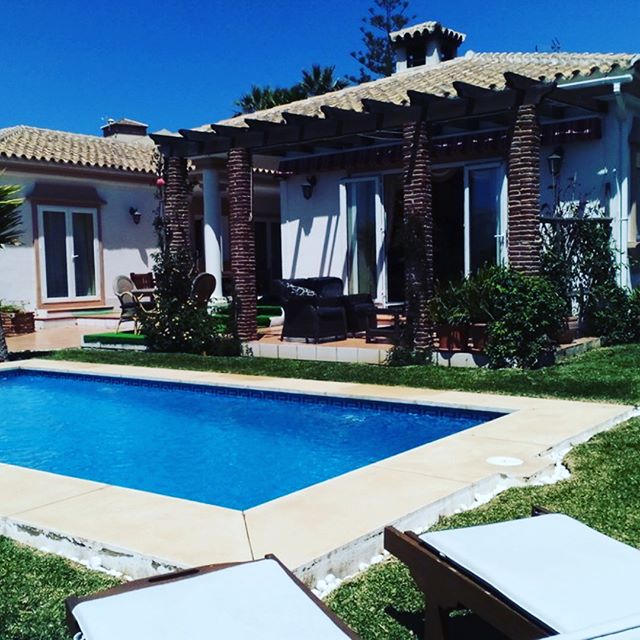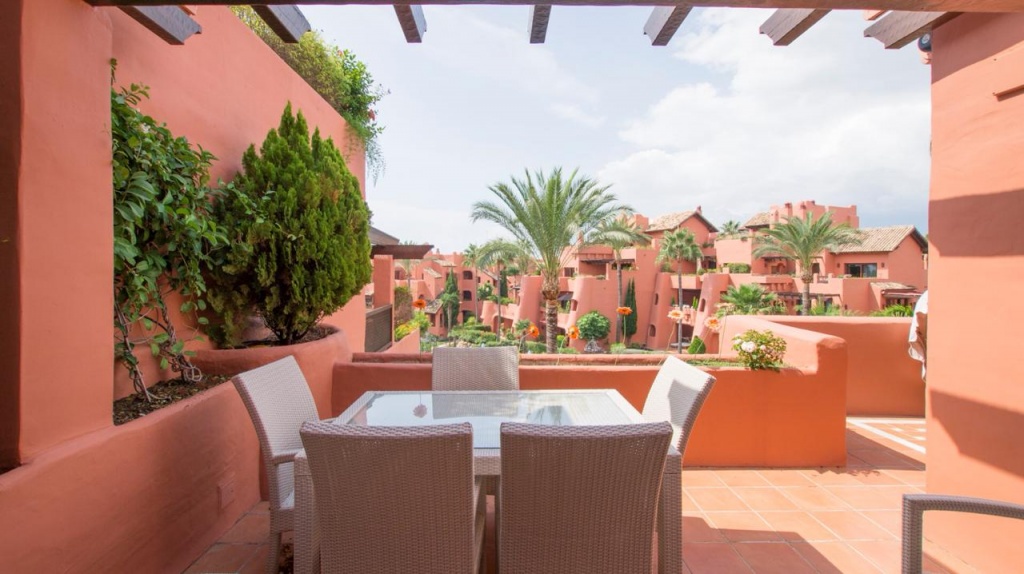By far the first year, Spain has been a leader in the world rankings for the development of the construction of diverse commercial and residential buildings, and there has been a rapid rise in living standards. In addition, there are a lot of really weighty arguments in favor of purchasing residential or commercial real estate. However, this undertaking is often fraught with difficulties arising from local legislation.

Initially, the acquisition of premises or land plots is available to everyone: residents and non-residents of the state, legal entities and individuals. If the buyer is a citizen of another country, then the minimum package of documents will include a passport and an account with one of the banks belonging to the country. Naturally, you will need a sum of money, which will be enough not only for the direct purchase, but also the payment of fees and real estate services.
On the financial issue worth a lot of attention. Spanish laws recently prohibit the use of cash in transactions. Simply put, if you give cash to the owner when you make a sale and purchase agreement, the purchase will not be legal. The buyer must confirm legal ownership of the money. Direct sellers or persons having a general power of attorney can act as sellers.

PURCHASE IN THE NAME OF THE COMPANY
In the Kingdom there is a considerable segment of commercial premises, various territories and residential buildings, which are officially registered to holding companies located offshore. It is noteworthy that the conditions for the acquisition of such real estate imply the transfer of rights to the organization, to which the square meters belong. Most often, these holdings are decorated in Panama or Gibraltar, which borders with Spain. This method of sale is beneficial to all parties, because the process is not intended to pay taxes. Currently, such procedures are seriously punished.
Despite its relevance, this method is no longer possible due to changes in the laws of the state. In order to stop such transactions, many local rules had to be edited. Fraud is now stopped by the practical application of such restrictions:
- all Spanish companies registered in offshore zones must pay for property in the amount of 3% of the cadastral value;
- In accordance with the laws on tax fraud prevention, exemptions for holdings and patrimonial organizations were abolished, and the duty on financial growth was raised to 35% due to the sale of real estate.
Businessmen who are unable to cope with the payment of a 35% fee will receive liquidation obligations. Failure to do so threatens with serious sanctions up to criminal prosecution. For those who agreed to a voluntary cessation of activities, compensation of 18% is expected. Thus, in the Kingdom, the problem of money not received in the budget is gradually being solved.

With rather strict control over the execution of resolutions, the acquisition in the name of the company has lost any meaning for both residents and non-residents of the Kingdom. If we sum up all the duties that the acquiring party will have to pay by registering the rights of the property belonging to the acquired enterprise, then it becomes obvious that there is no profitability.
Nevertheless, there are many businessmen who note the advantages of this type of transaction, taking into account the current state of affairs. Naturally, about carrying out easy and profitable operations like 20-30 years ago, now there can be no question. At the moment, overseas residents who want to buy a private house or office for their organization prefer to contact professional realtors and lawyers. The cost of their services, as well as standard taxation for buying and selling, is many times more profitable.
Almost all buyers prefer to issue papers in their own name or to register organizations in the country in accordance with the legislative system for further re-registration of premises.

